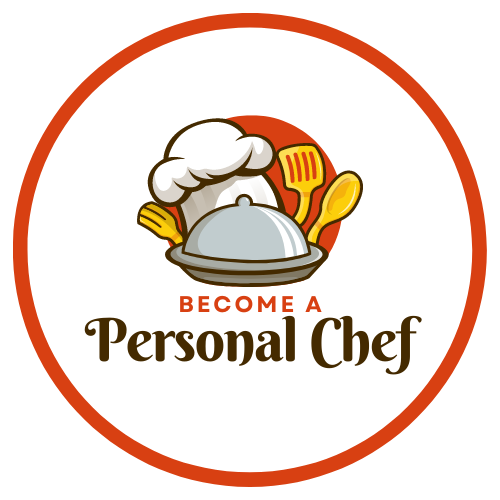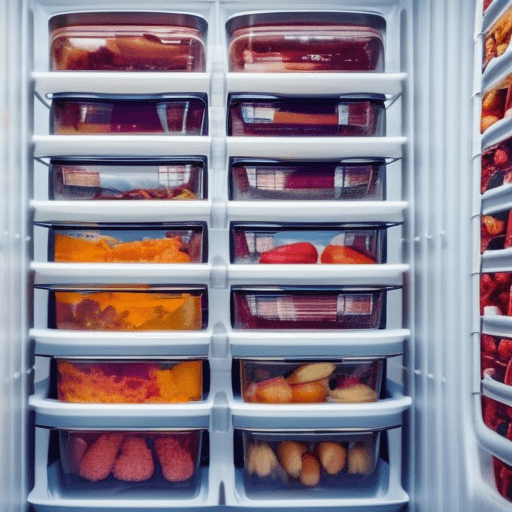Table of Contents
ToggleMeal Prep 101
Hello, aspiring personal chefs! Welcome to your comprehensive guide to meal prep mastery. Whether you’re looking to achieve personal health goals, save time and money on groceries, or simply want to make your cooking process more efficient and fun, this guide is for you.
Why Meal Prep 101?
Imagine a world where you don’t have to worry about what to cook every day, where your meals are ready when you are, and you have more time to focus on other things because you aren’t constantly cooking or cleaning up. This is the beauty of meal prep, and it’s why Meal Prep 101 is so important for busy individuals.
Meal prep refers to preparing meals in advance, typically for the week ahead. It involves planning out your meals, grocery shopping, and then cooking multiple dishes at once to have them ready to go throughout the week. This may seem like a daunting task at first, but with proper guidance and organization, it can become a seamless part of your routine.
So why should you take the time to learn about meal prep? For starters, it saves you time. As mentioned before, by cooking in bulk and having meals ready for the week ahead, you eliminate the daily task of preparing breakfasts, lunches, and dinners.
Sounds like a dream, right? That’s the magic of meal prepping!
Save Time and Money
By planning your meals ahead of time, you can avoid the stress of last-minute grocery shopping and reduce the temptation to order takeout. This not only saves you time and money, but also allows you to make healthier choices for yourself and your family.
Eating organic can often come with a higher price tag, but by planning ahead and buying in bulk, you can actually save money in the long run. You can also save time by preparing larger portions of meals and freezing them for later use.
Not only is meal-planning beneficial for your budget, but it also helps reduce food waste. By knowing exactly what ingredients you need for each meal, you can purchase only what you will use and avoid throwing out unused produce or leftovers.
Plus, buying groceries in bulk can be significantly cheaper. Look for local farmers’ markets or join a community-supported agriculture (CSA) program to get fresh, organic produce at a lower cost.
When planning your meals, it’s important to keep in mind the seasons. Buying fruits and vegetables that are in season not only ensures they will be fresher and tastier, but also helps support local farmers and reduces the carbon footprint from transporting produce long distances.
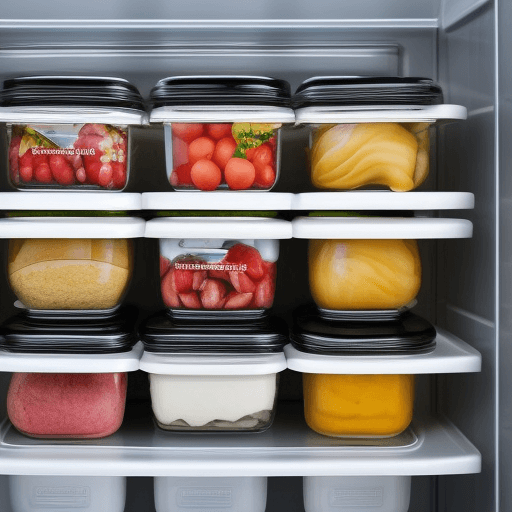
Balanced Meals
Meal prepping allows you to control exactly what goes into your food, making it easier to create balanced meals that align with your health goals. By planning out your meals ahead of time, you can ensure that you are getting the right balance of protein, carbohydrates, and healthy fats in every meal.
Eating a balanced diet is essential for maintaining good health. It can help prevent chronic diseases such as obesity, diabetes, and heart disease. A balanced meal consists of a variety of whole foods from different food groups, including lean proteins, complex carbohydrates, and healthy fats.
Reduce Food Waste
With meal prepping, you only buy and cook what you need, minimizing food waste. It’s a win-win situation for both you and the environment! By planning your meals for the week, you can make a grocery list with specific ingredients and quantities, preventing overbuying and potentially throwing away unused food.
Not only does meal prepping save you money by avoiding unnecessary food purchases, but it also helps reduce the amount of food waste in landfills. Did you know that according to the USDA, approximately 30-40% of the food supply in the United States goes to waste each year? That’s a staggering amount of perfectly good food being thrown away.
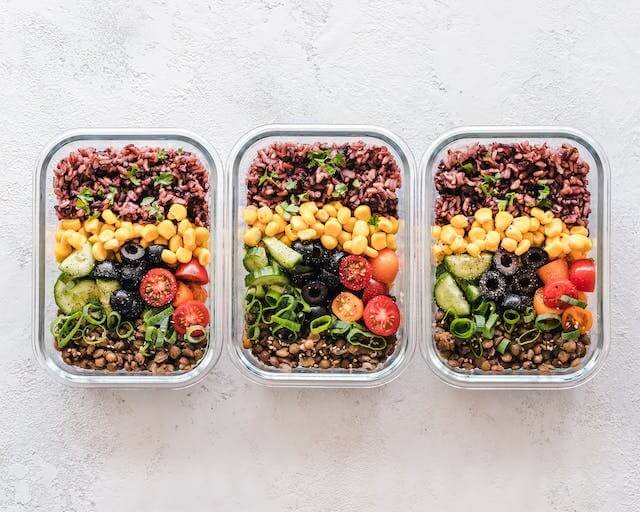
Tools of the Trade
Before we dive into the actual meal prep, let’s look at some essential tools to make the process smoother:
- Storage Containers: Invest in good quality, BPA-free containers that are microwave-safe.
- Grocery List: Plan your meals for the week, write down all the ingredients you need, and stick to the list!
- Cooking Methods: Get familiar with various cooking methods like baking, grilling, steaming, etc., to add variety to your meals.
Wondering what tools a personal chef might need? I’ve written an extensive article for you – A Comprehensive List Of Must-Have Tools and Essential Items for the Personal Chef
Meal Prep 101 Tips
Now, let’s move onto some practical tips to make meal prep more comfortable, efficient, and enjoyable:
- Start Small: If you’re new to meal prepping, start with prepping just a few meals at a time.
- Batch Cooking: Cook large quantities of a dish and divide it into individual servings for the week.
- Theme Your Days: Make it fun by having themed days like “Taco Tuesday” or “Salad Sunday.
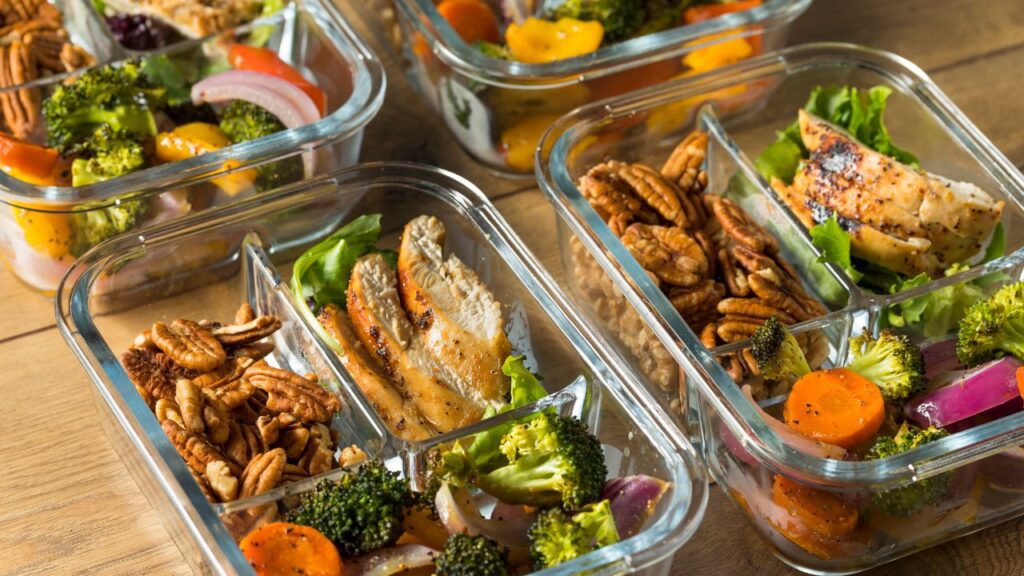
Simple, Delicious, and Healthy Meal Prep Recipes
To get you started on your meal prep journey, here are some simple yet delicious recipes:
- Quinoa Salad: Cook quinoa, let it cool, then mix with chopped vegetables, chickpeas, feta cheese, and a lemon-olive oil dressing.
- Chicken Stir-Fry: Sauté chicken pieces with bell peppers, onions, and a sauce of your choice. Serve with brown rice.
- Smoothie Packs: Prepare and freeze fruits, spinach, and protein powder together in a zip-lock bag. Just add liquid and blend when ready to consume.
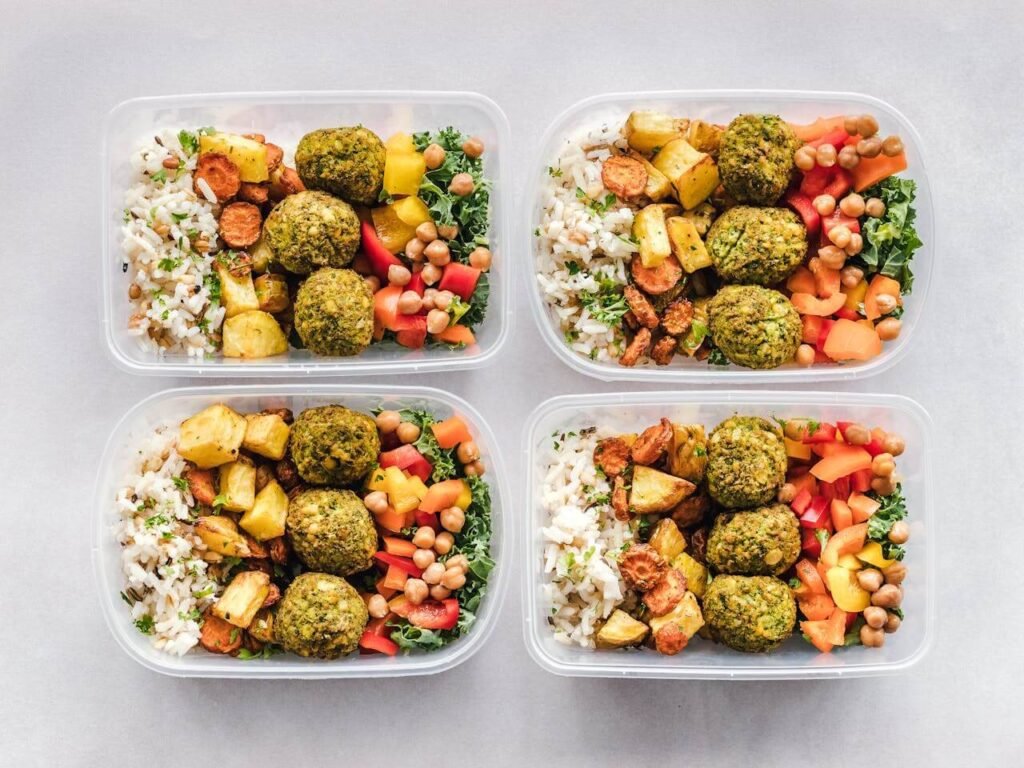
Meal Prep 101
Remember, the goal of meal prepping is to make life easier, so keep it simple. The more comfortable you get with the process, the more you can experiment with different recipes and flavors.
So, aspiring personal chefs, are you ready to embrace meal prepping? It’s not just about cooking; it’s about planning, organizing, and creating a lifestyle that supports your health and wellness goals. Happy prepping!
